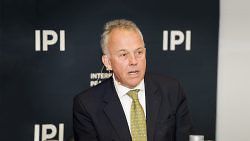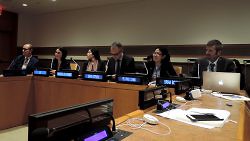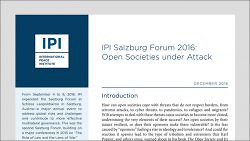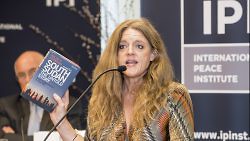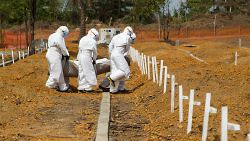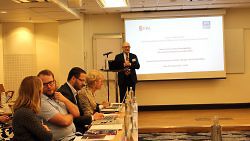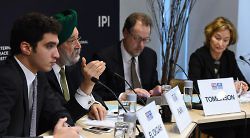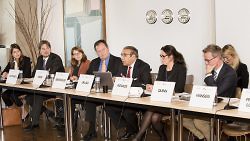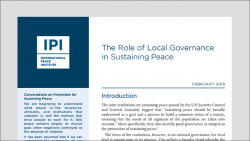
While the importance of good governance to sustaining peace is widely recognized, the focus tends to be on national governance. This overlooks the crucial role of local governance actors, particularly when the central government is fragmented or lacks broad legitimacy. These actors include not only formal institutions like municipal governments but also a mix of […]
Read more